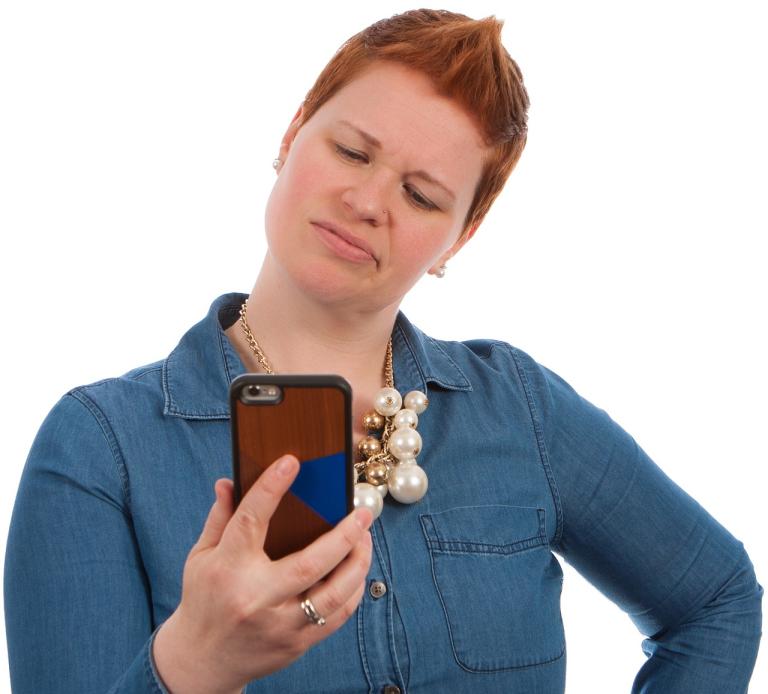Do you find yourself anxious when you don’t have your phone? How about bingeing on a Netflix series or needing a podcast in your ear whenever you walk or go out? Have you noticed a mood change when you can’t get to your phone? Self-help gurus tell us this is because we need a “dopamine detox.” What does this mean, and does it really work?
First let’s understand why it is called a “dopamine detox.” Dopamine is a brain neurochemical related to the brain’s reward system and feeling good. It is released in the brain when you consume media like TikTok, podcasts, Netflix and more. While not at the same intensity as addictive drugs, this release activates the dopamine pathway or what is called the reward pathway.
There are lots of ways to produce dopamine naturally, e.g., eating foods high in protein, exercising and getting good sleep. When dopamine is produced in large amounts, you feel pleasure, then you want more, which leads to repeating the behavior.
In terms of social media, each time you swipe on Instagram, or get a “LIKE” on a post, a retweet or some emotional interaction that is positive, the brain produces a flood of dopamine and sends it along a dopamine pathway. You feel pleasure and want more. The more you engage in these pleasurable activities on your phone and other devices, the more dopamine is released. Like a drug addiction, this chemical messenger communicates a need for more pleasure.
However, over time with high use, these increased levels of dopamine released by social media stimuli cause deficits in the brain because dopamine levels become depleted and constantly need more and more stimuli to get the same effect. This deficit can lead to cravings for more but also, depression and anxiety.
If you find yourself going on a device the moment you are bored, think again. You could be “addicted” to that device. You crave your social media or device. In fact, Dr. Anna Lembke, chief of the Dual Diagnosis Addiction Unit and author of Dopamine Nation calls the smart phone the “modern-day hypodermic needle.” So, if you are a high social media user and struggling with your mood, you may be ready for a detox.
You can begin with a 24 hour fast from all things social media or whatever you turn to for a quick boost of pleasure. Or begin by cutting back your usage. The idea is to take a break for days or weeks to recalibrate the brain.
However, if you want real change, it’s going to take much more work. What a “detox” can do is help you reflect on how you spend your time and where you give your attention. You certainly can become more aware of your pleasure triggers. Ultimately then, you are working on breaking a bad habit.
When breaking a habit, you feel anxious for the first few weeks, so expect this. Over time, the association between the trigger (social media, phone, Netflix, etc,) will grow weaker the more you abstain. Our brain needs moments of silence and rest. This is hard for most of us, but it turns out that doing hard things regardless, gives us a more lasting pleasure.
Spiritually, we know there is a balance between pleasure and pain. We can overconsume to block out or medicate pain with things of pleasure. Our constant pursuit of pleasure brings pain in the long run, and then we almost never do the hard things to grow. Digital dopamine doesn’t provide us time to meditate, contemplate and eventually find communion with God.
Try it and see how you feel. It certainly won’t do any harm!



